nephrology
Dr. Nina Vasavada gives an Acid Base Core Lecture by first reviewing dietary sources of acids and alkali. She then reviews renal and non renal mechanisms of maintaining acid/base equilibrium. After, she discusses practice questions.
Dr. Gunjan Garg presents and overview on "Chronic Kidney Disease" by first discussing the definition and staging. She then presents the pathophysiology and epidemiology, screening, and clinical manifestations. After, she discusses hypertension, dyslipidemia, management, and so on.
Dr. Gunjan Garg presents "Tubulointerstitial Disease" by first discussing pathophysiology and epidemiology. She then presents its diagnosis and evaluation as well as various causes. After, she discusses management and Ace Board questions. Dr. Garg does this through case based learning.
Dr. Nina Vasavada presents Hypertension by first discussing a general approach to ambulatory patients with elevated blood pressure. She then presents primary versus secondary hypertension, and ends her discussion on hypertension management in special populations.
Dr. Lina Mackelaite presents Acute Kidney Injury by discussing everything that causes AKI and how to treat it. Using multiple cases, Dr. Mackelaite discusses AKI in a way that is applicable to real life circumstances as well as boards.
Dr. Eleanor Lederer presents a Nephrology Board Review for residents at the University of Louisville.
In this lecture, Dr. Kausar Hamiduzzaman presents Nephritic and Nephrotic Syndrome. She begins explaining when it is appropriate to consider glomerular diseases in the differential diagnosis and finishes by discusses the definition, workup, and management of both nephrotic and nephritic syndromes.
In this lecture, Dr. Kausar Hamiduzzaman covers hepatorenal syndrome. She begins by explaining the pathophysiology of HRS and then discusses how to diagnose and manage HRS.
Dr. Eleanor Lederer presents stone disease and how stones may be a presenting feature in many systemic diseases. She then discusses diseases and how many are accompanied by stones as well as metabolic evaluation leading to therapies that result in limitation or even cessation of nephrolithiasis.
In this concise talk, Dr. Jan Basile covers resistant hypertension including 24-hour ambulatory measurements, workup for secondary causes and evidence for pharmacologic treatments.
Dr. Rovin covers the current recommendations on management of Lupus nephritis from a nephrologist's perspective. This is a case-based presentation that is data-driven; it covers the presentation, diagnostic criteria, indications for biopsy and treatment options for Lupus nephritis.
Dr. Eleanor Lederer reviews the balance of calcium in the body and mechanisms of homeostasis in the kidneys and bones. She then covers hypocalcemia and hypercalcemia in a case-based approach.
Dr. Eleanor Lederer addresses sodium and potassium regulation including mechanisms of diuretics. She presents a basic approach to addressing cases and analyzing serum and urine electrolytes in the context of presentation.
Dr. Dawn Caster summarizes nephrotic syndrome: definition, symptoms, and pathophysiology. She also addresses minimal change disease, types of focal segmental glomerulosclerosis, membranous nephropathy.
Dr. Dawn Caster leads us through when to consider glomerular disease, when to consult a nephrologist, classification of glomerular disease, searching for a cause for a pathologic diagnosis, and treatment options.
Dr. Eleanor Lederer covers hyponatremia, hypernatremia and hyperkalemia with an eye to preventing these emergencies through applied physiology.
Dr. Lina MacKelaite gives a case-based, practical lecture on the topic of renal transplant with a focus on evaluation, qualification, benefits and management. She also discusses complications after transplant.
Dr. George Aronoff reviews terms used in description of acid-base disorders then creates a construct in which to quickly identify which disorder is present as well as appropriate compensation.
Dr. George Aronoff provides a working definition of acute kidney injury and discusses relative risks of AKI, a practical clinical algorithm for diagnosis and a rapid approach to treatment.
Dr Krishnasamy utilizes cases to present a thorough review of calcium metabolism including: calcium homeostasis, etiology and pathogenesis of hypercalcemia and hypocalcemia, disorders of bone metabolism, and vitamin D deficiency.





















In Glomerular Disease Part One, Dr. Dawn Caster begins by discussing the classifications of common renal pathology and after, focuses on nephrotic syndrome. Dr. Caster gives an overview of nephrotic syndrome and its associated abnormalities as well as the mechanisms of the thrombophilic state in nephrotic syndrome. In part two. Dr. Caster will discuss Glomerulophritis.